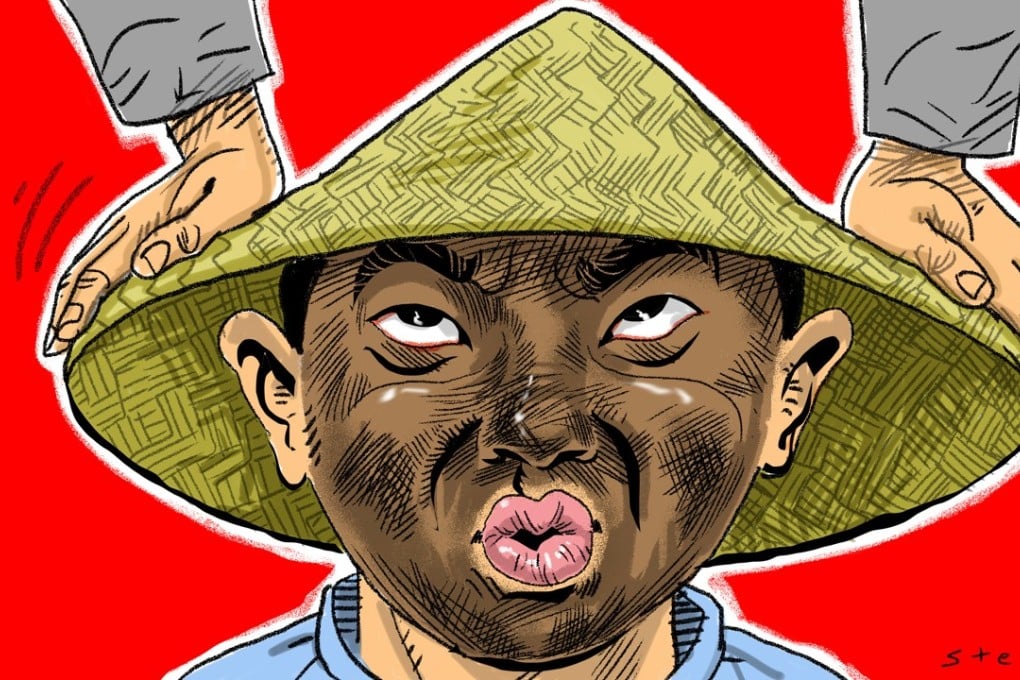Advertisement
Blackface skit on TV gala a sign that rising China needs to combat racial and ethnic stereotyping
Audrey Jiajia Li says China’s growing influence in the world comes with a responsibility to respect other races and ethnic minorities, even in its cultural products
Reading Time:4 minutes
Why you can trust SCMP
0

For many Chinese, watching the state broadcaster China Central Television’s annual Spring Festival Gala, allegedly the most-viewed show on Earth, has been a Lunar New Year’s Eve ritual since the early 1980s. Enthusiastically promoted by the nation’s top leadership, this yearly event is considered a mirror reflecting the ever-changing modern Chinese society. While feedback on the show is a mixed bag every year and has mainly come from its domestic audience, a comic skit this year raised many eyebrows, mostly outside China.
To viewers familiar with the cultural norms of the modern postcolonial world, the skit is noticeably cringeworthy – a Chinese woman with blackface make-up, a fake large chest and exaggerated buttocks acting as an African mother shouts “I love China”; a black actor in a monkey costume follows her around; a young African girl eager to date a Chinese man recites the well-known quote of Chinese President Xi Jinping, “roll up our sleeves and work harder” and proclaims she’d do “just like the Chinese people do, and own the praise of people all over the world”.
It is quite common in China for the propaganda apparatus to promote the ruling party’s ideology and agenda in the form of entertainment. This sketch was apparently produced to celebrate China being an economic and cultural powerhouse overseas, especially to glorify the success of President Xi’s trademark “Belt and Road Initiative” in Africa, and South and Central Asia.
While the show caused an international uproar, the majority of the domestic audience doesn’t seem to understand what all the fuss is about. The indifference may be rooted in the rising nationalist sentiment over the past few years.
Blatant racial stereotypes or outright insults targeting other racial or ethnic groups from time to time find their way onto the strictly censored media platforms
On the one hand, Chinese people’s feelings have been rather fragile and many are constantly offended by issues ranging from territorial disputes to social media posts, from a film to a joke or a song. On the other hand, blatant racial stereotypes or outright insults targeting other racial or ethnic groups from time to time find their way onto the strictly censored media platforms, even the state-owned press.
Advertisement